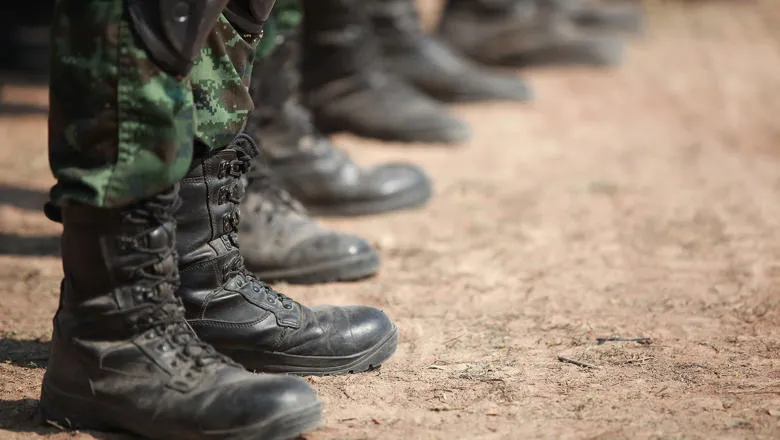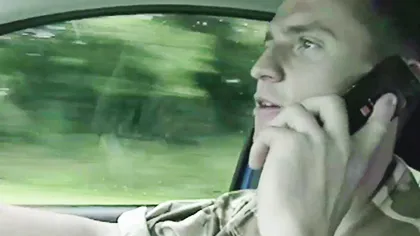
Protecting the wellbeing of UK armed forces
Our research into the mental health consequences of deployment helped secure a pay increase for members of the UK’s armed forces...
10 December 2014
Our research has informed post-deployment interventions for service personnel in order to reduce risky driving behaviour and alcohol use.
Research led by Professors Nicola Fear & Neil Greenberg
Our research has informed post-deployment interventions for service personnel in order to reduce risky driving behaviour and alcohol use.
Armed Forces personnel are twice as likely to die on the road as civilians, and around 1.75 times more likely to report alcohol misuse.
Our research has led to the development of specific post-deployment interventions for service personnel in order to mitigate the impact of deployment on driving behaviour and alcohol use. The interventions have been provided to up to 20,000 personnel returning from deployment.
A third of the British troops who died in 2005 were killed in road traffic accidents. Our researchers at the King’s Centre for Military Health Research (KCMHR) identified some of the potential reasons behind this disproportionately high number of accidental deaths on the road – and then advised on the content of The Grim Reaper, a hard-hitting road safety video.

The six-minute film has been shown to all UK military personnel returning home from tours of duty in Iraq and Afghanistan since 2007. In 2013, only 17 per cent of service personnel who died were killed in road traffic accidents.
KCMHR research found that, between 2004 and 2006, 19 per cent of regular personnel serving in the Royal Navy, Army and Royal Air Force and were not wearing seat belts, were speeding and taking risks on the road. Younger men, those who had seen combat or served in the Army, were most likely to drive in a perilous fashion.
‘We also found that the more traumatic events people had witnessed in theatre – for example, if they had come under fire or mortar attack, or if they had experienced a landmine strike – the more likely they were to take risks when driving. It was as if people felt they were indestructible because they had been through so much yet had survived,’ says Professor Nicola Fear, who led the research.
Our researchers worked with the British Army to help formulate the storyline for The Grim Reaper. ‘Drive carefully – you’re tough but you’re not invincible’ is the final message seen after the audience witnesses the death of Chris – just back from Iraq – in a car crash.
The Grim Reaper is now shown to all troops as part of the post-deployment briefing given during decompression – 36 hours spent in Cyprus that help personnel physically and mentally unwind before returning to family and friends. The briefing includes information designed to help people adjust to civilian life.
Since the film’s introduction in 2007, not only has the number of deaths in road traffic accidents fallen, but our research has also shown that fewer servicemen and women say they are taking risks on the road. KCMHR research found that, between 2007 and 2009, 13.6 per cent of service personnel reported speeding or driving without a seat belt.
To target alcohol misuse, our researchers led a trial of the post-deployment mental health resilience programme Battlemind during decompression. Developed in the USA, the training encourages discussion about settling back into home life and potential difficulties. Led by Professor Neil Greenberg, the trial involved nearly 2,500 UK troops back from Afghanistan going through decompression.
In the USA, troops who participated in Battlemind training were less likely to develop post-traumatic stress disorder back at home. In the UK trial, Battlemind did not have an impact on preventing mental health problems, but it did result in personnel being less likely to be binge drink four to eight months later. As a result, the alcohol-related section of Battlemind was incorporated into post-deployment briefing.